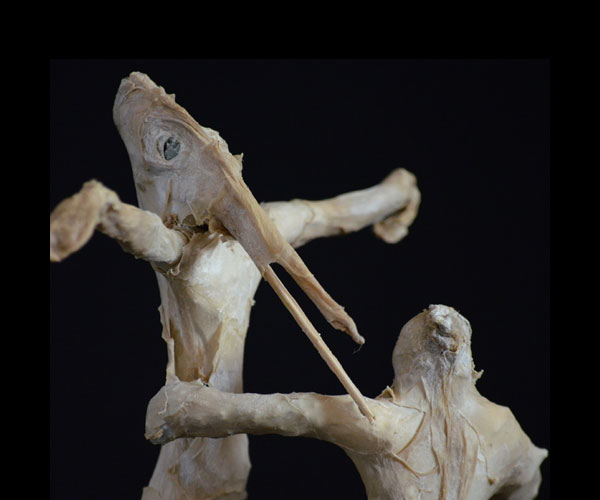Tonight, avoiding the (not my) president’s State of the Union, I’m realizing (again) that without systemic change, our country’s governance will only sway from left to right, consolidating power from one party to the other; elections will be determined by the party establishment over the will of the people.
I’m writing a novel, part of which takes place in the sixties, so I’m researching, rehashing, reliving the times.
In 1968, after Robert Kennedy’s assassination, his now non-committed delegates which, coupled with those of Eugene McCarthy, had a combined majority. These candidates were the favorites of the anti-war and pro-civil rights left. Instead of acknowledging this, the delegates were assigned to Hubert Humphrey. He was a man of corny wholesomeness with a perpetual smile, he sounded sane on civil rights, but he was associated with LBJ’s highly unpopular Vietnam policy. He had no charisma, had never campaigned in any primary and was unwinnable, even against the equally untelegenic Richard Nixon, who handily won. Another way of saying this was that we got Richard Nixon because of the machinations of the Democratic party.
All these years later, it’s 1968 redoux. The DNC assigned its uncommitted “super delegates” to another unwinnable candidate instead of splitting them with the increasingly popular Bernie Sanders, and now we have Donald Trump. Of course Sanders might not have beat him, but again, the machinations of the party, turning its back on its growing progressive wing, refused to give his candidacy a chance. Of course one could argue that Bernie was not “really” a Dem (he did call himself a Democratic Socialist.) But his running as a Democrat, rather than as a progressive third party candidate, prevented a splitting of the vote, which could have ensured a Republican win.
Who are these super delegates? Quoting Mark Plotkin in thehill.com, March 2016,: “The whole deal stinks. It’s wrong, unfair and undemocratic. The central element of democracy is elections. Why, oh why, should the supposed “party of the people” reserve nearly one-thirds of their delegates for a select group of individuals who don’t have to stand for election?”
Getting rid of the College won’t solve our screwed up election system: there’s still the enormous power of big money, of corporations as people, of special interest lobbying, of corruption, of despicably immoral candidates, of kleptocracy – in short, what we got.
